Mosquitoes pose significant health risks by transmitting diseases like malaria, dengue fever, Zika virus, and West Nile virus. Effective mosquito control involves eliminating breeding sites (stagnant water), using repellents, installing traps or nets, and implementing integrated pest management strategies. While chemical pesticides have been traditionally used, there's a growing shift towards sustainable alternatives like biological control, habitat manipulation, and natural plant compounds to minimize environmental impact. Combining these methods with community collaboration and innovative technologies like drones, AI, and app-based monitoring tools is shaping the future of mosquito control for enhanced public health and outdoor experiences.
Tired of the constant buzz and bite? Residential mosquito solutions are more crucial than ever as these pests impact our health and well-being. From understanding their behavior to exploring modern and natural methods, this comprehensive guide dives into effective mosquito control. Discover traditional approaches with drawbacks, the war between chemicals and organic solutions, and how to create a mosquito-unfriendly environment at home. Learn about community initiatives and future trends in mosquito control, empowering you to take back your outdoor space.
Understanding Mosquitoes: Behavior and Breeding Patterns
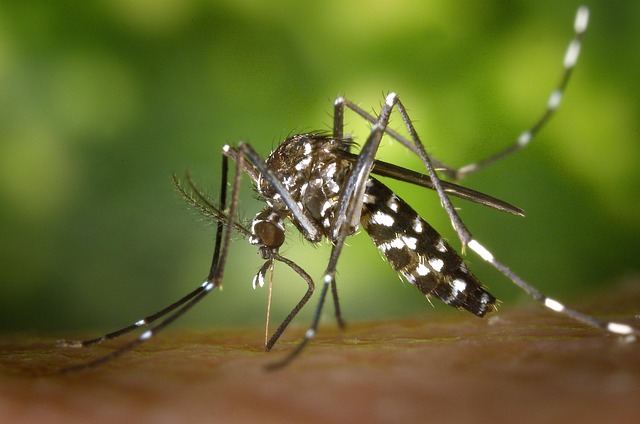
Mosquitoes are more than just a nuisance; they are tiny vectors that can carry and transmit diseases to both humans and animals. Understanding their behavior is crucial for effective mosquito control. These insects breed in stagnant water, so identifying and eliminating potential breeding grounds like buckets, flower pots, or discarded tires is a key step in mosquito management. Adult mosquitoes are most active during twilight hours, prefer damp environments, and are attracted to carbon dioxide, heat, and certain chemicals present in human sweat. This knowledge allows for the strategic placement of mosquito traps and the use of repellents that target these behaviors.
By recognizing their breeding patterns and preferences, homeowners can take proactive measures to reduce mosquito populations around their properties. Regularly emptying standing water containers, installing screens on windows and doors, and using mosquito-repelling plants or topical applications are all part of an integrated pest management strategy for effective mosquito control.
The Impact of Mosquitoes on Health and Well-being

Mosquitoes are more than just a nuisance; they pose significant threats to human health and well-being, especially in residential areas where people spend a considerable amount of time outdoors. These tiny creatures carry and transmit various diseases, such as malaria, dengue fever, Zika virus, and West Nile virus, which can have severe consequences for individuals and communities. Beyond disease transmission, mosquito bites can cause irritation, itching, and even allergic reactions in sensitive individuals. The impact extends to mental health, as constant pestering by mosquitoes can lead to anxiety, discomfort, and disturbed sleep patterns.
Implementing effective mosquito control measures is therefore not just a matter of comfort but also a crucial aspect of public health. By adopting integrated mosquito management strategies that include eliminating breeding sites, using repellents, and installing mosquito traps or nets, communities can significantly reduce mosquito populations and the associated risks. Prioritizing Mosquito Control in residential areas plays a vital role in fostering healthy environments where people can live, work, and play without constant mosquito interference.
Traditional Mosquito Control Methods: Their Effectiveness and Drawbacks
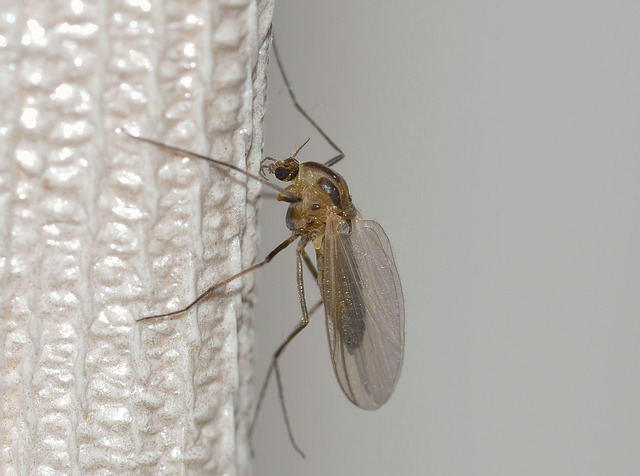
Traditional mosquito control methods have been in practice for decades, primarily involving chemical pesticides and insecticides. While these substances can effectively reduce mosquito populations, they come with several drawbacks. One significant concern is their potential harm to non-target organisms, including beneficial insects, birds, and aquatic life. These chemicals may also persist in the environment, leading to water contamination and ecological imbalances.
Additionally, mosquitoes have developed resistance to many commonly used pesticides over time, rendering them less effective. This issue has prompted researchers and pest management professionals to explore more sustainable and eco-friendly alternatives. Integrating various strategies, such as source reduction, biological control, and habitat manipulation, offers a comprehensive approach to mosquito control that minimizes environmental impact while providing long-term solutions.
Modern Mosquito Solutions: Chemical vs Natural Approaches
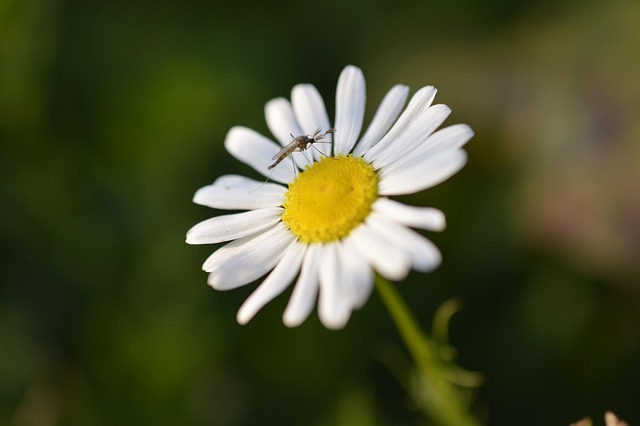
In the modern era, tackling mosquito control presents a fascinating interplay between chemical interventions and natural solutions. Chemical approaches, long the go-to method, involve the strategic application of pesticides to eliminate adult mosquitoes, their larvae, or both. These synthetic compounds can be effective in reducing mosquito populations, especially when combined with environmental management tactics like eliminating standing water—a breeding ground for these insects. However, growing environmental and health concerns have prompted a shift towards more sustainable alternatives.
Natural methods of mosquito control focus on harnessing the power of biological agents, plants, and ecological balance. Beneficial insects, such as dragonflies and certain species of wasps, can be introduced to feed on mosquito larvae. Additionally, certain plants emit natural compounds that repel mosquitoes, offering a fragrant solution to keep these pests at bay. Integrating these natural approaches into urban and suburban settings promotes a healthier environment while still providing effective mosquito control, making them an increasingly popular choice for communities seeking long-term, eco-friendly solutions.
Creating an Unwelcoming Environment for Mosquitoes Around Your Home
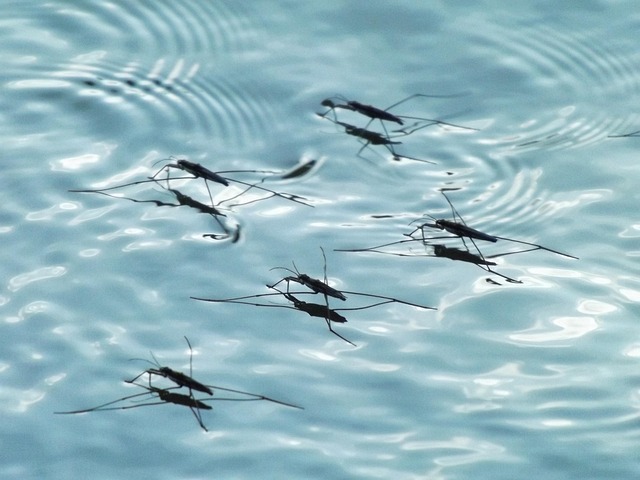
Creating an unwelcoming environment for mosquitoes around your home is a critical component of effective mosquito control. This involves eliminating standing water, as even small amounts can serve as breeding grounds for these pests. Regularly empty water from flower pots, birdbaths, and other containers, and consider installing drainage systems to prevent water from pooling. Additionally, keeping your yard trimmed and free of debris reduces hiding places for mosquitoes.
Fencing and netting are also effective mosquito control measures. Installing physical barriers can keep mosquitoes out of specific areas, such as patios or playgrounds. Planting mosquito-repelling plants like citronella, lavender, or marigolds around your home can further deter these insects. By combining these strategies, you create a less hospitable environment for mosquitoes, significantly reducing their presence and the risk of bites.
Planting Mosquito-Repelling Plants: An Organic Solution
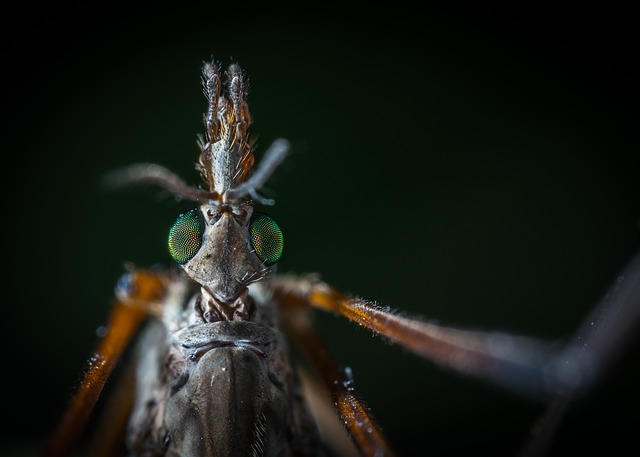
Planting Mosquito-Repelling Plants is an eco-friendly and organic approach to mosquito control, offering a natural alternative to chemical sprays. Certain plants emit scents that mosquitoes find unappealing, effectively acting as a barrier against these pests. For instance, citronella grass, known for its distinct aroma, has been used for centuries in outdoor settings to ward off mosquitoes. Along with citronella, other plants like lavender, marigolds, and basil are natural mosquito repellents due to their unique chemical compositions that mask human scents and deter mosquitoes from landing.
Incorporating these plants into your garden or patio can create a pleasant ambiance while significantly reducing the presence of mosquitoes. They not only provide an organic solution but also add aesthetic value to your outdoor space. Moreover, this method is safe for pets and environmentally friendly, making it an appealing choice for those seeking sustainable mosquito control methods.
The Role of Professional Pest Control Services in Mosquito Management
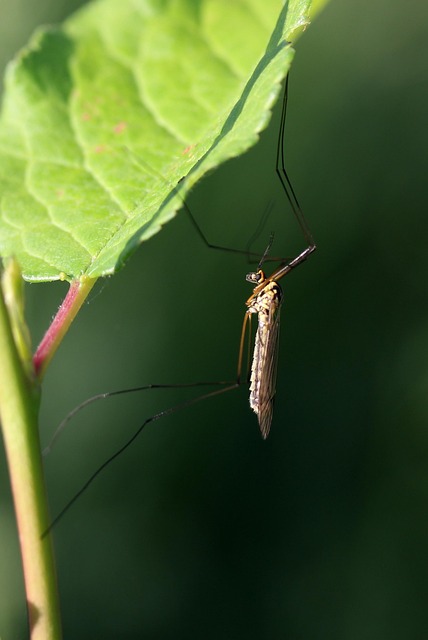
In the battle against residential mosquito infestations, professional pest control services play a pivotal role in effective mosquito management. These experts are equipped with specialized knowledge and tools to address the complex challenges posed by mosquitoes, ensuring a safer and more comfortable living environment for homeowners. By employing advanced strategies and treatments, they offer long-lasting solutions that go beyond temporary fixes.
Professionals in mosquito control employ a range of methods, from targeted applications of insecticides to the installation of sophisticated repellents and traps. They assess the unique characteristics of each property, identifying breeding grounds and entry points to implement tailored strategies. This comprehensive approach not only reduces the immediate mosquito population but also disrupts their life cycles, preventing future infestations. With their expertise, these services contribute significantly to improving quality of life and public health by minimizing the risks associated with mosquito-borne diseases.
Community Initiatives for Mosquito Control: A Collaborative Approach
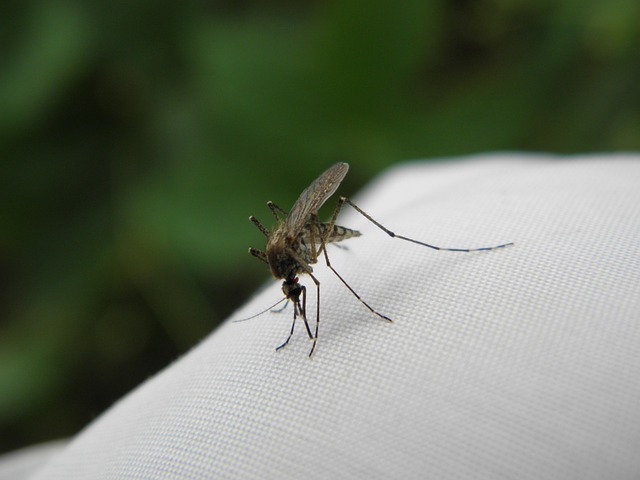
In many communities, mosquito control has become a collaborative effort where residents, local governments, and health authorities work together to implement effective solutions. This collective approach is crucial in managing mosquito populations and reducing the risks associated with mosquito-borne diseases. Community initiatives often involve several strategic steps such as identifying breeding grounds, implementing regular pest management programs, and raising awareness among residents about preventive measures.
By fostering a sense of shared responsibility, these initiatives empower locals to take proactive steps like eliminating standing water—a primary breeding ground for mosquitoes—and using mosquito nets or repellents. Such collaborative efforts not only help in controlling the mosquito population but also build resilience against vector-borne diseases, enhancing the overall health and well-being of the community.
Future Trends in Mosquito Control: Innovations and Technology
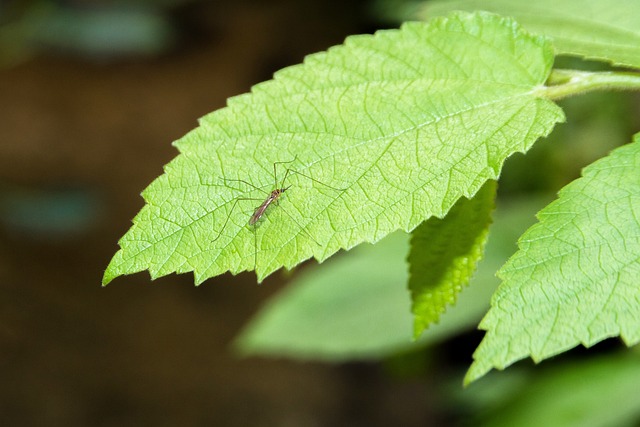
The future of mosquito control looks bright with emerging innovations and technology that offer more effective, efficient, and eco-friendly solutions. One such trend is the increased use of genetic engineering to develop mosquitoes resistant to diseases, reducing their population without harmful chemicals. Another is advanced surveillance systems that employ drones and AI to detect and track mosquito breeding grounds in real time, allowing for swift action to prevent outbreaks.
Additionally, smart technologies like automated trapping systems and app-based monitoring tools are gaining traction. These solutions not only help in reducing mosquito populations but also provide valuable data for researchers and health officials. As the world becomes more digital, expect to see greater integration of technology into mosquito control methods, leading to improved public health and outdoor living experiences.
